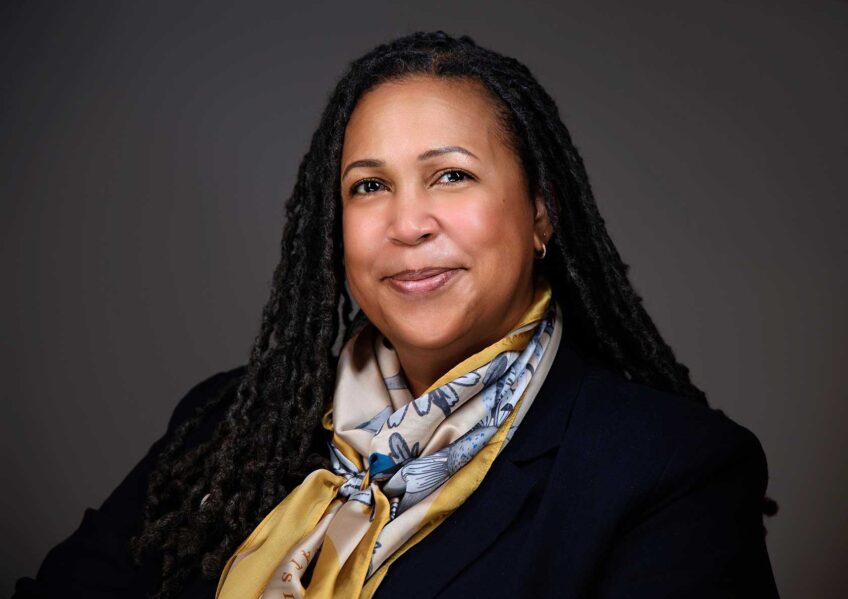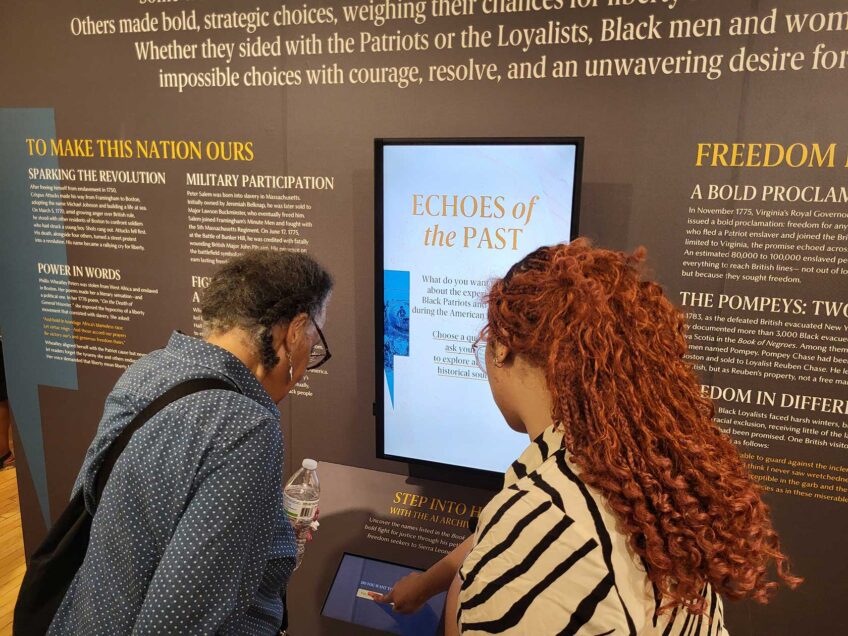He is rightly called the ‘Education Governor’ but first he had to win re-election
By most accounts, 2010 was not going to be a good year for Deval Patrick.
The economy was sour, the unemployment rate was too high —and then came along Scott Brown, the Republican state senator who used his pick-up truck to out-work, out-hustle and, ultimately, out-campaign Martha Coakley to win the U.S. Senate seat left vacant by the death of Ted Kennedy.
The national GOP was just tickled — and boldly predicted that Brown’s victory was just the start of more frustrated Americans voting against democrats in general and President Barack Obama in particular. They were half-right — as the mid-term elections saw Republicans gaining an edge in the U.S. House of Representatives and cutting the Democratic majority in the U.S. Senate.
But that didn’t happen here in Massachusetts for one reason — Deval Patrick. Understandable, he was in a very good mood to discuss his historic re-election and his plans for his next four-year-term. “It’s been a good year,” Patrick said. “It hasn’t been without its challenges and we haven’t fully recovered. But we are recovering.”
That’s saying it mildly.
Patrick defeated Republican Charles Baker, a former health care executive, Tim Cahill, the state treasurer and independent candidate and Jill Stein, the Green-Rainbow Party candidate.
He also withstood The Republican Governors Association, which had hoped to knock off Patrick by spending millions on anti-Patrick and anti-Cahill ads. Patrick ran on his record, and given the national economy, he had a pretty good one to out — despite more than $4 billion in budget cuts.
Quiet as it’s kept, it was Patrick who led a grass-roots campaign during his first election in 2006 that broke a 16-year run of Republican governors that included William F. Weld, Paul Cellucci, Jane Swift and Mitt Romney.
Since his inauguration in January 2007, Patrick has constantly pushed education. He knows of its benefits. He rose from childhood poverty, attended Massachusetts’ prestigious Milton Academy, Harvard College and Harvard Law on scholarship, and then went on to serve in the Clinton administration Justice Department.
After a corporate law career, he made his first bid for elective office in 2006 with the help of Chicago political consultants David Axelrod and David Plouffe, who would go on to run Obama’s 2008 presidential campaign. Of particular pride is his education reform bill that became law last year. In a vote Patrick called “historic,” Massachusetts lawmakers gave a final approval to an education bill that is designed to close the achievement gap between schools in richer and poorer communities.
The bill made it easier for the state to help struggling schools. It also lifted the cap on charter schools in the lowest performing districts. “This will give our neediest students more options and holding charter operations accountable for reaching the students left behind,” Patrick said at the time.
The bill also strengthened the state’s application for $250 million in federal funding through the Obama administration’s Race to the Top initiative. Massachusetts had the highest score among the nine states and the District of Columbia that won grants totaling $3.4 billion in the second phase of the Race to the Top competition.
Patrick knows that he has more work to do. But for now, he said it best during his most recent campaign.
“I’m grateful, and all I’m trying to do is give back the same better chance that I got,” he said.






